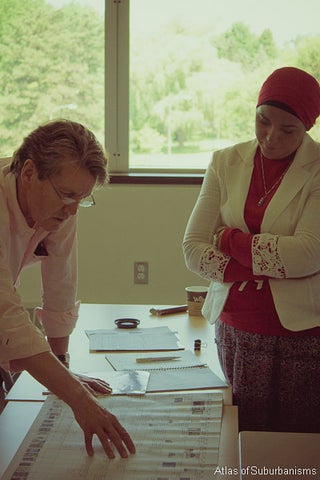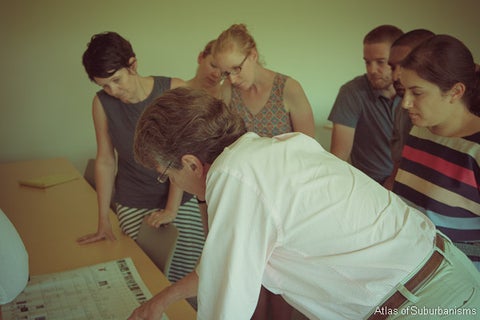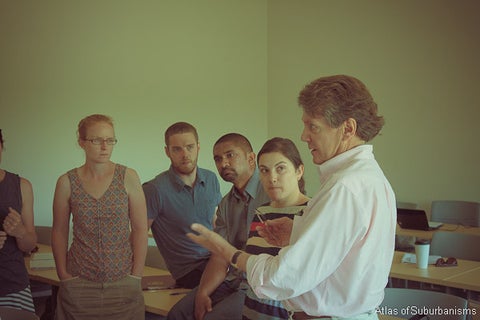Michael Seasons
School of Planning, University of Waterloo
The latest meeting of the PLAN 675 Canadian Suburbanisms working paper reading course gave graduate students in the School of Planning the opportunity to hear from Glenn Miller, VP (Education & Research) with the Canadian Urban Institute. Speaking largely on the ins-and-outs of publishing, Miller offered rare insights into the world of publishing given his role as the founding editor for the Ontario Planning Journal, a practice-oriented journal published by the Ontario Professional Planners Institute (OPPI). After 25 years at the editorial helm, Miller was able to speak to plenty of topics relevant to students intending to dive into practice out of school, as well as those who are pursuing the academic track.
Miller related the writing process in the course (and more generally) to the need for not only targeting an audience, but also being mindful of the value in casting a wide net. In this sense, planning as a field tends to be defined by its interdisciplinary nature, and the point was made that the principal roots of the Ontario Planning Journal were consciously meant to reflect that reality. Planners, and the publications that speak for and to them, must recognize and communicate with the various fields with which practicing planners often interact: architects, engineers, politicians, etc.
As they picked his brain about the nature of a publication oriented towards a largely practice-oriented audience, the discussion turned on the challenges associated with addressing controversial topics. While Jane Jacobs may have had the wherewithal to openly question whether urban planners were brain dead in an OPJ article¹, an up-and-coming young practitioner may be more sensitive to the realities of not wanting to hurt their job prospects by printing something that could come back to bite them. To that end, we considered how the ethical obligations associated with professional practice related to publishing and the willingness to tackle controversy. Miller capped off the session well by noting that while planners must be willing to confront controversial issues of the day, this must always be coupled with a reasoned approach reflecting all sides of an argument.
¹ Jacobs, J. “Are Planning Departments Useful?” Ontario Planning Journal 8, no. 4 (July/August 1993), 4-5.

Glenn Miller discusses the 25-year history of publishing through the Ontario Planning Journal.

Glenn Miller hosting a guest lecture for PLAN 675.

Glenn Miller and PLAN 675 students examine the publication timeline of the Ontario Planning Journal.

Glenn Miller and graduate planning students in PLAN 675.